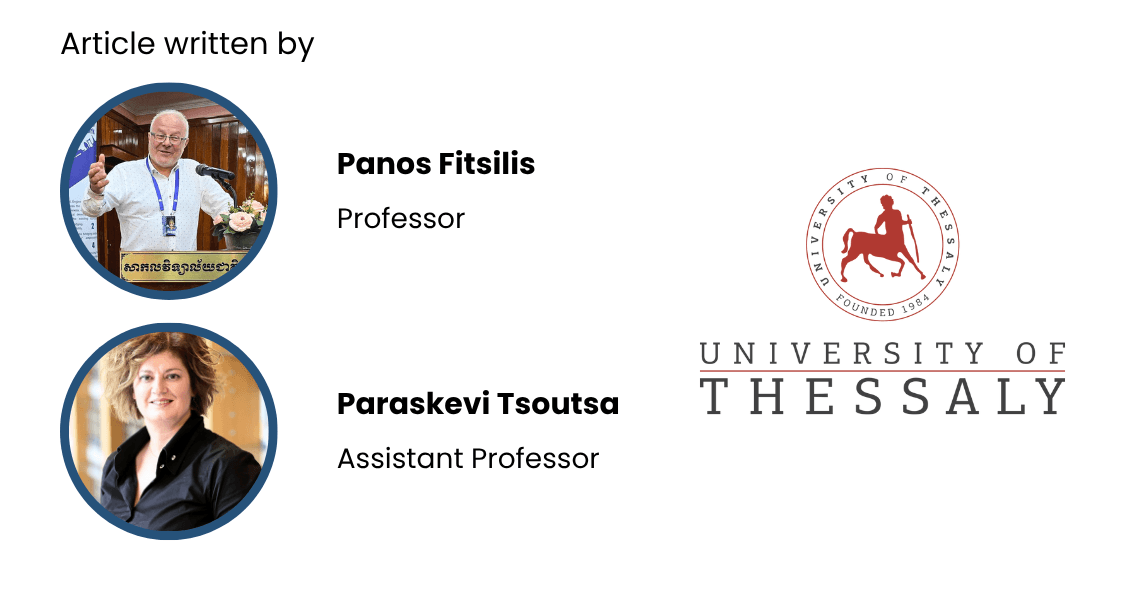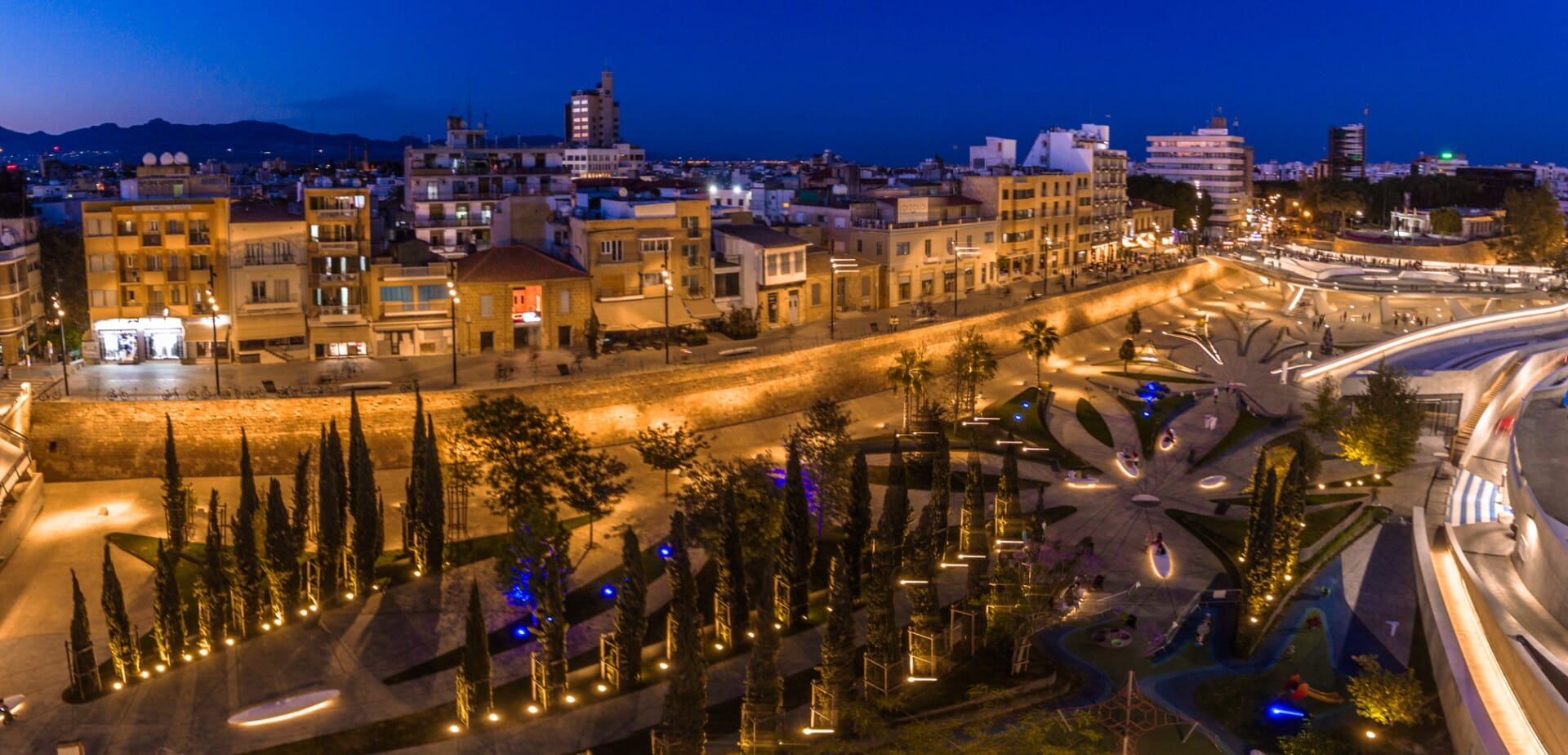Introduction
At the 2025 IEEE International Smart Cities Conference (ISC2), held this year in Patras, Greece, under the inspiring theme “Resilient and Sustainable Smart Communities”, the University of Thessaly took centre stage in a global dialogue on the future of smart cities. More about the event can be found here.
Represented by Professor Panos Fitsilis and Assistant Professor Paraskevi Tsoutsa, the university presented its latest work on the SMARCO (Smart Communities) project – an Erasmus+ initiative focused on strengthening Europe’s capacity for digital, green, and community-led transformation. Their presentation emphasised how upskilling and reskilling smart city professionals is now one of the most pressing priorities for sustainable urban development.
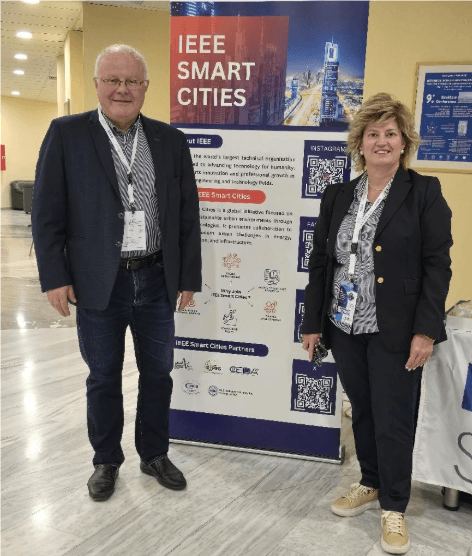
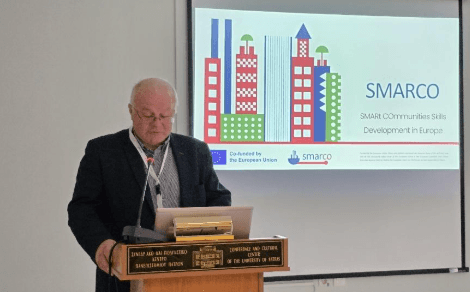
People at the Heart of Smart Cities
In a world where urban innovation often centres on technology, Professor Fitsilis offered a timely reminder: “the most urgent challenge for the future of smart cities is not technology – but people.”
His message resonated strongly with attendees. Although the global smart city sector now employs approximately 700,000 professionals and is expanding by over 40,000 new positions each year, he explained that education systems are still racing to keep pace. To truly meet this growing demand, universities and training institutions must evolve – not merely to produce more graduates, but to prepare a new kind of professional.
These professionals, Fitsilis argued, must be hybrid thinkers: equally confident with data, sustainability, governance, and innovation.
In his presentation, Professor Fitsilis outlined four key directions for shaping the smart city workforce of the future:
- Interdisciplinary university programmes that merge engineering, data science, urban planning, and public policy into integrated curricula – for example, Urban Informatics or Smart City Engineering.
- Continuous training for professionals in both the private and public sectors, with flexible learning pathways such as micro-credentials and modular executive programmes.
- Living labs and experiential learning environments, where students, engineers, and municipal staff co-design and test solutions directly in real urban contexts.
- Anticipating new job profiles, from Smart City Resilience Engineers, Smart City Procurement Officers and Urban Data Stewards to Digital Twin Specialists and Cybersecurity Engineers for urban systems.
From Participation to Co-Creation
Assistant Professor Paraskevi Tsoutsa expanded on the human dimension of smart cities – not merely as users, but as active participants in shaping their urban future.
“For cities to be truly smart and resilient, participation must move from rhetoric to reality,” she said. Cities such as Barcelona and Amsterdam, she added, are already demonstrating how living labs, hackathons and participatory budgeting can bring citizens into the innovation process, boosting both trust and project success.
Tsoutsa also presented the team’s IEEE paper, “Open Data for Smart Urban Innovation: A Dimensional Study of European Datasets”, which explored how open data ecosystems can support innovation and evidence-based decision-making. The research connects directly to SMARCO’s mission – to foster smarter, more inclusive, and data-driven communities across Europe.
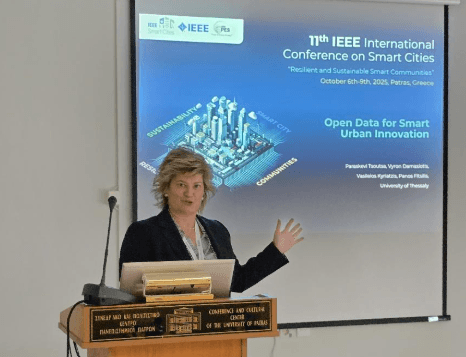
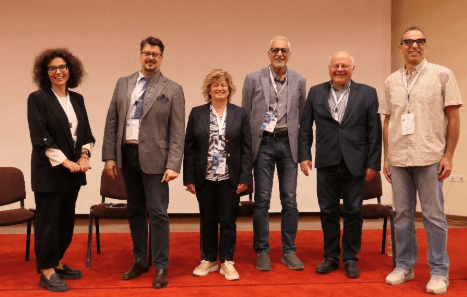
A Shared Vision for Europe’s Urban Future
